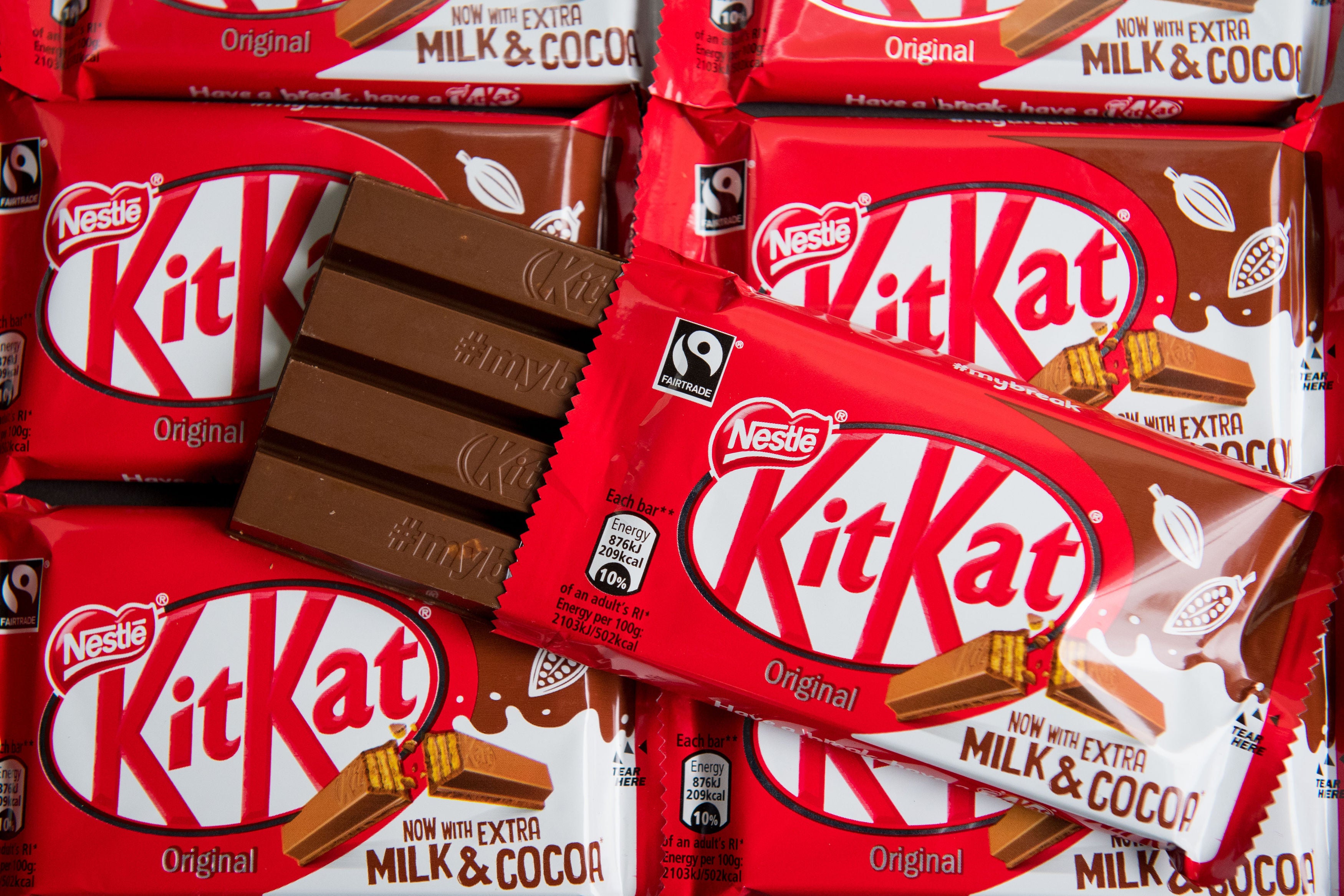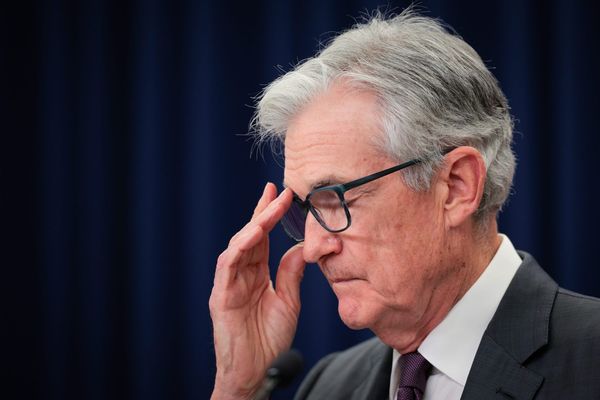
Higher coffee and chocolate prices have helped Nestle offset lower demand from customers over the first half of 2025.
The KitKat and Nescafe maker revealed that sales growth was almost entirely driven by higher pricing, as it passed inflation in its supply chain on to customers.
The Swiss consumer group reported organic growth of 2.9% over the first half of the year, compared with a year earlier.
It said this was driven by a 2.7% increase in pricing, while it saw real internal growth of 0.2%.

This included a 3.3% increase in prices in the second quarter as sales volumes declined marginally amid pressure on customer finances.
The company said this came as it “took actions to address input cost inflation in coffee and cocoa-related categories”.
Confectionery prices increased by 10.6% over the half-year, while coffee prices rose by 6%.
Sales volumes were only marginally higher over the quarter as Nestle reported “lower consumer demand” as shoppers were “adjusting to price increases”.
It came as Nestle also announced a review into the future of the vitamins business its previous boss bought in 2021.
The company has indicated it could sell off its mainstream vitamins and supplements division, which includes the Nature’s Bounty and Puritan’s Pride brands.
Laurent Freixe, Nestle chief executive, said: “We are executing our strategy to accelerate performance and transform for the future.
“We are accelerating our category growth and improving our market share, through better execution and increased investment, funded through a relentless pursuit of efficiency.
“These actions are already delivering results, with broad-based growth and a robust profit performance in the first half.”
Sweetening soft drinks: What to know about sugar, high-fructose corn syrup and their alternatives
The sexual assault case against 2018 Canada world junior players nears a verdict
Zurich councilor indicted for shooting at Madonna and child poster
Queues of lorries and holidaymakers at Port of Dover
Crime in England and Wales: Latest numbers and trends
Over 300,000 benefit claimants owed money after PIP errors lead to underpayments







